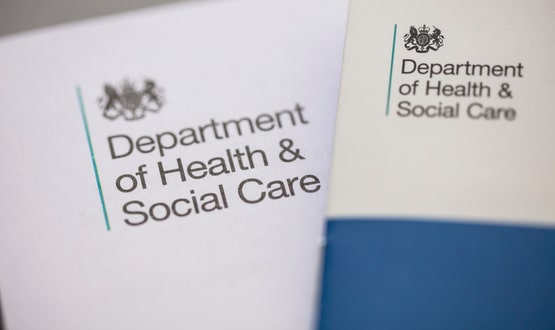Health Language to help NPfIT avoid ‘Tower of Babel’
- 20 April 2004
The National Programme for IT (NPfIT) has signed a deal with Health Language Inc., to provide its Language Engine (LE) technology, to help deliver enterprise-wide clinical terminology services.
Under the deal Health Language will provide its LE technology to be used throughout the national programme, including the National Application Service Provider (NASP), delivering the national data spine; and by the five Local Service Providers (LSPs) to facilitate and enrich information being stored in the national repository.
Health Language’s LE technology is designed to improve electronic communications between healthcare professionals by adapting it into a common vocabulary. LE was used extensively in the national programme’s proof of solution work and is incorporated into the systems of most clinical application suppliers involved, including iSOFT.
The nine year agreement with the NPfIT runs through to 2013. Details of the value of the contract were not disclosed. Health Language is also understood to be conducting separate negotiations with each of the LSPs and the NASP.
LE is based on providing access to SNOMED Clinical Terms (CT), which has been jointly developed and refined by the NHS and the College of American Pathologists. SNOMED CT, which incorporates primary care Read Codes, is set to be the key clinical terminology used throughout the national programme.
Crucially, Health Language says that its LE product supports the inclusion of a wide-range of vocabularies from many different sources, allowing innovative cross maps to link related information, whilst making them accessible in a consistent way, easing integration and use.
Mark Horowitz, senior vice president of Health Language told E-Health Insider: “Health Language is a facilitator of terminology not a creator. The NHS is developing the content for terminology and we are providing the platform for deploying it.”
He added that the open architecture of LE will enable existing data to be used “Standards may change over time and our tool will enable complete flexibility for the future.”
Horowitz stressed that standards have been critical from the outset of the national programme: “It is our understanding that only good data, using standards, will be on the data spine by the end of the year.”
He added: "In working closely with the NHS, it was clear that there was a need to avoid the Tower of Babel syndrome so often seen in healthcare systems. The English NHS had the clear objective to ensure they could capture clinical information at a granular level. The requirement to migrate from legacy applications to a more comprehensive set of standards without burdening the user community is key to the success of the NPfIT."
Martin Severs, clinical head of the NPfIT and director of the Information Standards Board for Health, said: "The importance of standard nomenclature is vital to this project. LE technology allows clinicians to use verbiage they are familiar with, while providing a method to transparently standardise information against a consistent knowledge base to drive decision-support and outcomes-based analyses. The result is better care for all patients served by the NHS."
Richard Granger, director general of IT for the NHS, commented: "The use of standardised nomenclatures as the foundation for information is mandatory. We have selected Health Language to provide terminology services. Their technology takes information and turns it into knowledge; this will improve patient care and safety."
"Healthcare communities around the world stand to benefit immensely from the steps being initiated by the UK in this endeavor. Other countries will undoubtedly seek to model the successes of this programme to improve their own healthcare standards," stated George Schwend, president and CEO of Health Language.




